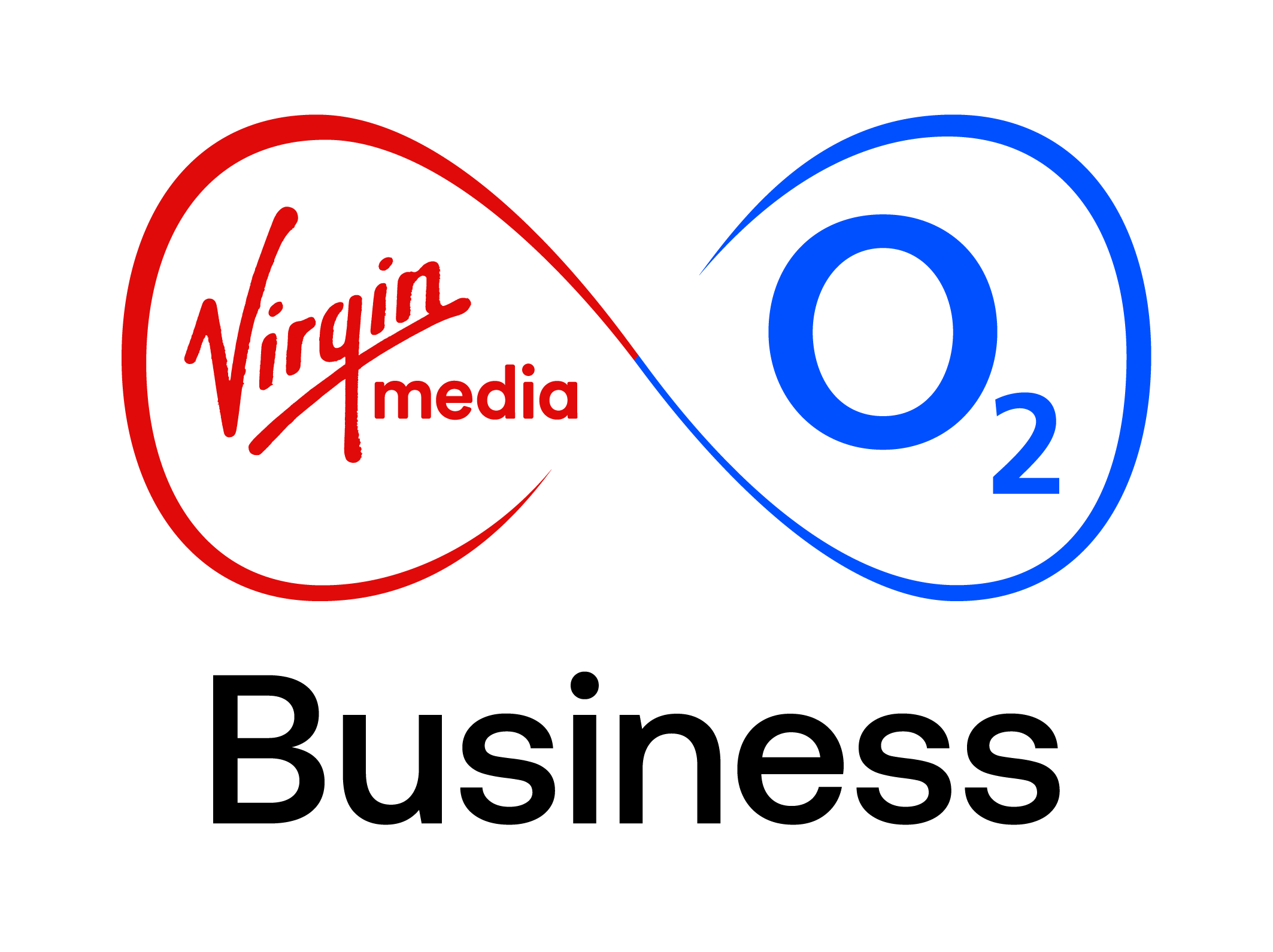Insights
How to make diversity and inclusion feel authentic (and why it often doesn’t)
Author
Adam Wilson
Virgin Media O2 Business
4 minutes
21st June 2023
Share this article:
Adam Wilson was shortlisted for a Diversity Hero award at the British LGBT Awards 2022 and won Highly Commended in the Inspirational Role Model category at Rainbow Honours 2023.
Allowing staff to embrace their individuality at work increases happiness and mental wellbeing and creates a better experience for staff and customers, according to research by Virgin Atlantic.
The research also found that feeling more accepted and comfortable in the workplace gives employees an increased sense of loyalty to their employer.
Clearly, then, diversity, equity and inclusion (DE&I) isn’t just about doing the right thing. It also has measurable business benefits.
For businesses without dedicated DE&I teams, however, it can be tricky to know where to start.
In this blog post I’m going to share some thoughts on how we can all create a workplace that properly represents our society, where every employee can thrive no matter who they are or what their story is.
Why do you need a DE&I policy?
People want to know that their identity matters and is respected in the workplace. And making sure every employee feels like their range of intersectional identities are valid and included is the key to a successful DE&I strategy.
There are lots of different factors that make up who we are as an individual, including:
- Race
- Sexual orientation
- Age
- Religion
- Gender
- Medical conditions
As an employer, you need to consider all these things if you want your employees to feel safe and comfortable bringing their whole selves to work.
And action will always speak louder than words. An effective DE&I policy goes further than what is written on paper. It ingrains itself in the culture of an organisation, bringing huge benefits for both customers and employees.
At Virgin Media O2, for example, we decided to include pronouns in our email signature. A seemingly small gesture, perhaps, but for those it affects it means a lot.
We even took this one step further by allowing our public-facing staff to display their pronouns on their name badges, helping our customers benefit from our inclusive culture too.
Little changes like these add up and can have an enormous impact on your overall DE&I achievements. And I’m proud to say we can now call ourselves a Stonewall top 100 employer.
How do you get started with DE&I?
The first step is understanding the range of diverse voices you already have in your organisation. They can help you shape your DE&I policy based on real-life insight from the people it most affects.
Representation is important. It allows you to have an honest and balanced conversation about your organisation’s current culture and tackle any challenges head-on.
If you feel any intersectional identities are underrepresented, there are organisations out there that can work with you to make sure you’re not unintentionally excluding those identities as you shape your DE&I policy.
Here are a few I would recommend:
- LGBT Foundation
- Scope
- Race Equality Foundation
Who is responsible for creating a culture of inclusivity?
It’s important for those at the top to lead by example, but changing culture isn’t only senior management’s job. Everyone in your organisation is equally accountable for building and maintaining a culture of inclusivity.
People managers, however, do have extra responsibility when it comes to creating equal opportunities in the recruitment and retention process. They need to make sure the whole of society is represented when it comes to new hires.
One way to help achieve that is by making sure you have a diverse interviewing panel. A lot of people would welcome sitting across an interview table from people they can relate to, whether that’s down to race, gender identity, disability, age or anything else.
Successful candidates will also likely remember this positive recruitment experience, knowing they can bring their authentic selves to work from their very first day.
How do you create an environment where people can speak openly?
Changing the culture to speak openly is always going to have its challenges. There may be this sense of: ‘This is my employer, someone who is potentially responsible for my future promotions, can I really say this?’
Ultimately it’s on senior management to understand how to respond to those communications.
As a leader it can be quite hard not to get defensive or trying to offer an instant fix. Instead, it’s important to focus on authentic leadership and being open and honest to feedback.
Creating situations where employees can be heard is a powerful indicator to others that you are serious about inclusion and diversity.
What can you do right now to start improving DE&I?
Three simple things:
- Engage
- Listen
- Act
Whether you’re a small local business or an enormous global organisation, these three little words are the key to making a massive difference on DE&I.
Want to speak to one of the team?
call 0800 064 3790


